8+ SAMPLE Property Purchase Agreement
-
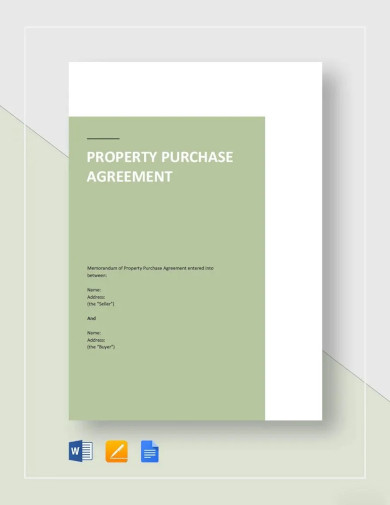
Property Purchase Agreement Sample Template
download now -
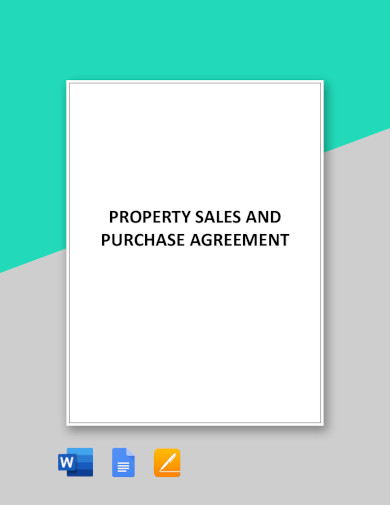
Property Sales and Purchase Agreement Template
download now -
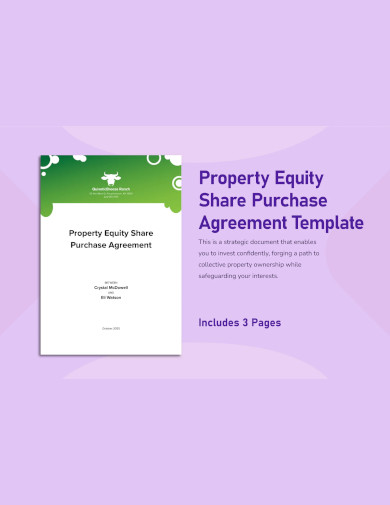
Property Equity Share Purchase Agreement Template
download now -
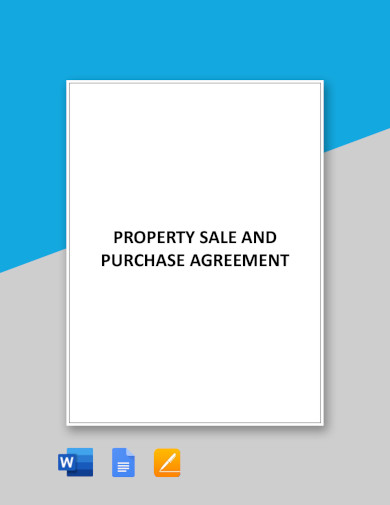
Property Sale and Purchase Agreement Template
download now -
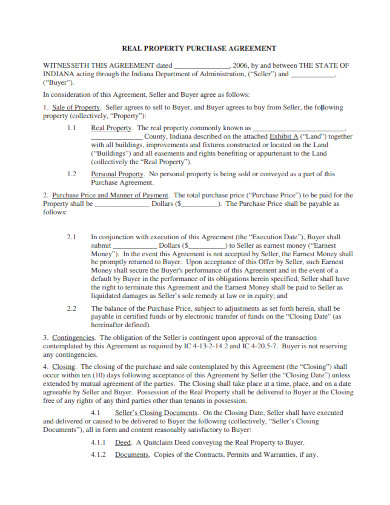
Real Property Purchase Agreement
download now -
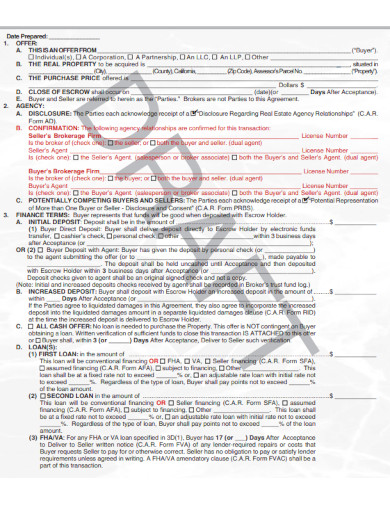
Residential Income Property Purchase Agreement
download now -
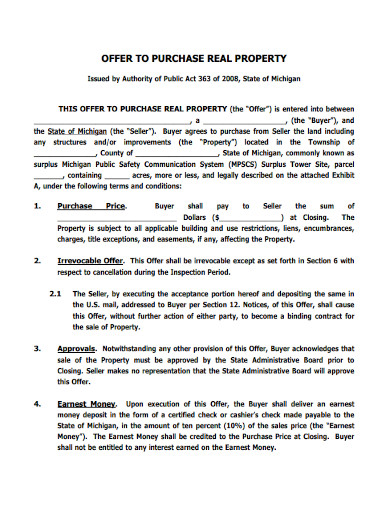
Offer to Purchase Real Property Agreement
download now -
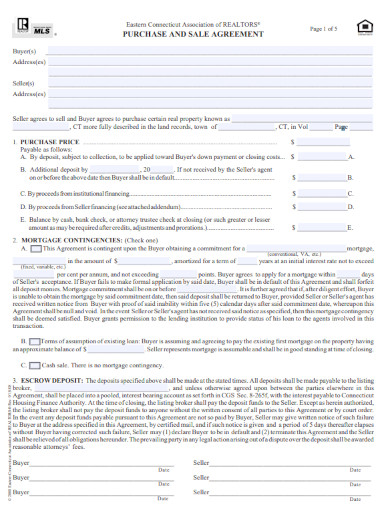
Property Purchase and Sale Agreement
download now -
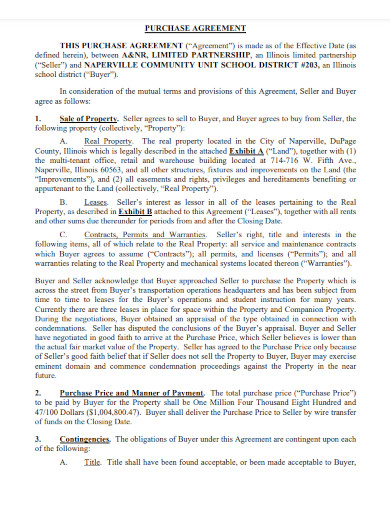
Sample purchase Property Template
download now
FREE Property Purchase Agreement s to Download
8+ SAMPLE Property Purchase Agreement
What is Property Purchase Agreement?
What is a Purchase Agreement in Real Estate?
How do you write a simple Property Purchase Agreement?
What key information should be included in a Property Purchase Agreement?
Is a Property Purchase Agreement necessary for all Real Estate Transactions?
What is Property Purchase Agreement?
A Property Purchase Agreement, often known as a real estate contract, is a legally binding sample document outlining the terms and conditions of a property sale between a buyer and a seller. While I can provide a general outline of what such an agreement might include, it’s crucial to consult with a legal professional to ensure accuracy and compliance with local laws. Here’s a general structure:
[Your Company Name] Property Purchase Agreement
1. Parties Involved:
Full legal names and addresses of the buyer and seller.
2. Property Details:
Accurate description of the property being sold, including address and legal description.
3. Purchase Price:
Clearly state the agreed-upon purchase price and the currency.
4. Earnest Money:
Specify the amount of earnest money deposit, the conditions under which it may be forfeited, and the party holding the deposit.
5. Financing Details:
If applicable, outline the terms of any financing involved, including the mortgage amount, interest rate, and deadlines for loan approval.
6. Closing Date:
Clearly state the agreed-upon closing date and any conditions that must be met for the agreement of sale purchase to proceed.
7. Contingencies:
Include any contingencies such as property inspections, repairs, or other conditions that must be met for the sale to proceed.
8. Title and Property Condition:
Outline the condition of the property and specify who will pay for title insurance.
9. Closing Costs:
Specify which party (buyer or seller) is responsible for various closing costs.
10. Default and Termination:
Describe the consequences if either party fails to fulfill their obligations under the agreement.
11. Miscellaneous Provisions:
Include any additional provisions relevant to the specific transaction.
12. Signatures:
Provide space for the signatures of both parties, the date of signing, and any witnesses if required.
What is a Purchase Agreement in Real Estate?
A purchase agreement in real estate, also known as a real estate contract or sales agreement, is a legally binding agreement document that outlines the terms and conditions of a property sale between a buyer and a seller. This agreement serves as a roadmap for the transaction, detailing the rights and responsibilities of both parties. Here are key components typically found in a real estate purchase agreement:
1. Identification of Parties:
Full legal names and addresses of the buyer(s) and seller(s).
2. Property Description:
Accurate details of the property being sold, including its address and legal description.
3. Purchase Price:
The agreed-upon amount that the buyer will pay for the property.
4. Earnest Money:
The amount of money the buyer provides as a good-faith deposit to demonstrate their seriousness about the purchase.
5. Financing Terms:
If applicable, details regarding the buyer’s financing, including the loan amount, interest rate, and any conditions for loan approval.
6. Closing Date:
The date on which the sale is expected to be finalized, and the property officially changes Agreement of ownership.
7. Contingencies:
Conditions that must be met for the sale to proceed, such as home inspections, repairs, or the sale of the buyer’s current home.
8. Title and Property Condition:
Provisions related to the condition of the property and the process for addressing any title issues.
9. Closing Costs:
Specification of which party (buyer or seller) is responsible for various closing costs.
10. Default and Termination:
Explanation of what happens if either party fails to fulfill their obligations under the agreement.
11. Miscellaneous Provisions:
Additional terms or conditions specific to the transaction.
12. Signatures:
Spaces for the signatures of both parties, indicating their agreement to the terms outlined in the purchase agreement.
How do you write a simple Property Purchase Agreement?
Writing a simple property purchase agreement involves outlining the key terms and conditions of the transaction in a clear and concise manner. While it’s important to consult with legal professionals to ensure compliance with local laws, here is a basic template to help you get started. Please note that this is a general guide, and specific details may need to be adjusted based on the laws in your jurisdiction.
Simple Property Purchase Agreement Template:
1. Parties Involved:
This agreement (“Agreement”) is entered into on [Date] by and between:
Seller: [Seller’s Full Name and Address]
Buyer: [Buyer’s Full Name and Address]
2. Property Description:
The Seller agrees to sell and the Buyer agrees to purchase the property located at [Property Address] (the “Property”).
3. Purchase Price:
The total purchase price for the Property is [Purchase Price] in [Currency]. This amount shall be paid as follows:
Earnest Money: [Amount], to be paid by the Buyer upon signing this Agreement.
4. Financing:
If applicable, specify any financing details, including the amount, interest rate, and conditions for loan approval.
5. Closing Date:
The closing of this transaction shall take place on or before [Closing Date].
6. Contingencies:
Outline any conditions that must be met for the sale to proceed, such as inspections, repairs, or the sale of the Buyer’s current property.
7. Title and Property Condition:
Specify the condition of the property and the process for addressing any title issues.
8. Closing Costs:
Clarify which party (Buyer or Seller) is responsible for various closing costs.
9. Default and Termination:
Detail the consequences if either party fails to fulfill their obligations under the sample Agreement.
10. Miscellaneous Provisions:
Include any additional terms or conditions relevant to the specific transaction.
11. Signatures:
Both parties agree to the terms outlined in this Agreement:
– Seller’s Signature: _____________________ Date: ______________
– Buyer’s Signature: _____________________ Date: ______________
What key information should be included in a Property Purchase Agreement?
The agreement should include details such as the names and addresses of the parties, property description, purchase price, financing terms, closing date, contingencies, title conditions, and other relevant terms.
Is a Property Purchase Agreement necessary for all Real Estate Transactions?
While not legally required in all jurisdictions, having a Property Purchase Agreement is highly recommended to clarify the terms of the transaction and protect the interests of both parties.
In conclusion, mastering the intricacies of a Property Purchase proposal Agreement is crucial for a seamless real estate transaction. This guide has provided insightful examples, a step-by-step writing process, and valuable tips to empower both buyers and sellers. Armed with clarity on key elements, from contingencies to closing costs, you can now navigate property purchases with confidence and legal precision. Happy home buying or selling!
